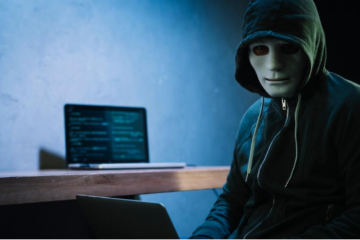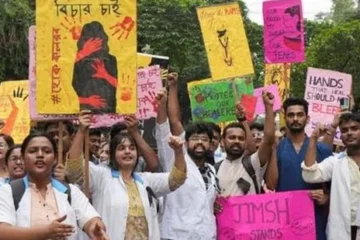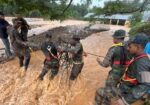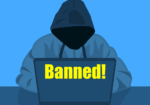Delhi Court Orders Charges Against Congress Leader Jagdish Tytler in 1984 Anti-Sikh Riots Case
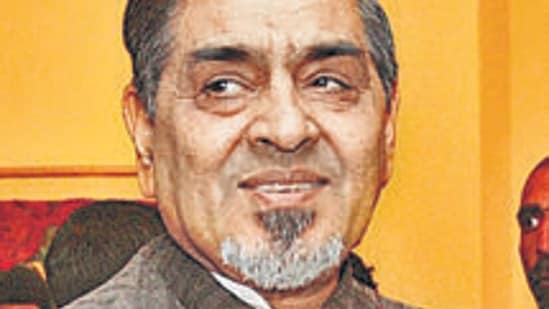
Delhi Court Orders Charges Against Congress Leader Jagdish Tytler in 1984 Anti-Sikh Riots Case
A Delhi court has ruled that Congress leader Jagdish Tytler should face charges in connection with the 1984 anti-Sikh riots, marking a significant development in a long-running case. On Friday, the court found sufficient grounds to proceed with charges related to the deaths of three individuals and the destruction of a Sikh temple in the aftermath of then-Prime Minister Indira Gandhi’s assassination.
Special Judge Rakesh Syal determined that Tytler will face charges under multiple sections of the Indian Penal Code (IPC). These include sections for unlawful assembly, rioting, promoting enmity between groups, and murder, among others. Tytler will need to appear in court for this next stage, scheduled for September 13.
The case centers around the killing of Badal Singh, Sardar Thakur Singh, and Gurbachan Singh, who were burned to death, as well as the arson of Pul Bangash Gurudwara on November 1, 1984. This violence erupted the day after Gandhi’s assassination, with Delhi Police registering the case immediately.
The Central Bureau of Investigation (CBI) reopened the case in November 2005, following recommendations from the Nanavati Commission, which had been set up in 2000 and released its findings five years later.
Last year, the trial court reviewed the CBI’s charge sheet and issued a summons for Tytler. Although he initially sought anticipatory bail, this was converted to regular bail after Tytler provided the required personal and surety bonds.
According to the charge sheet, the CBI has evidence placing Tytler at the crime scene, including testimony from six witnesses. Four of these witnesses allege they saw Tytler inciting the mob, and the charge sheet claims he was dissatisfied with the number of Sikh deaths in his area and was reportedly influencing the investigation and threatening witnesses.



